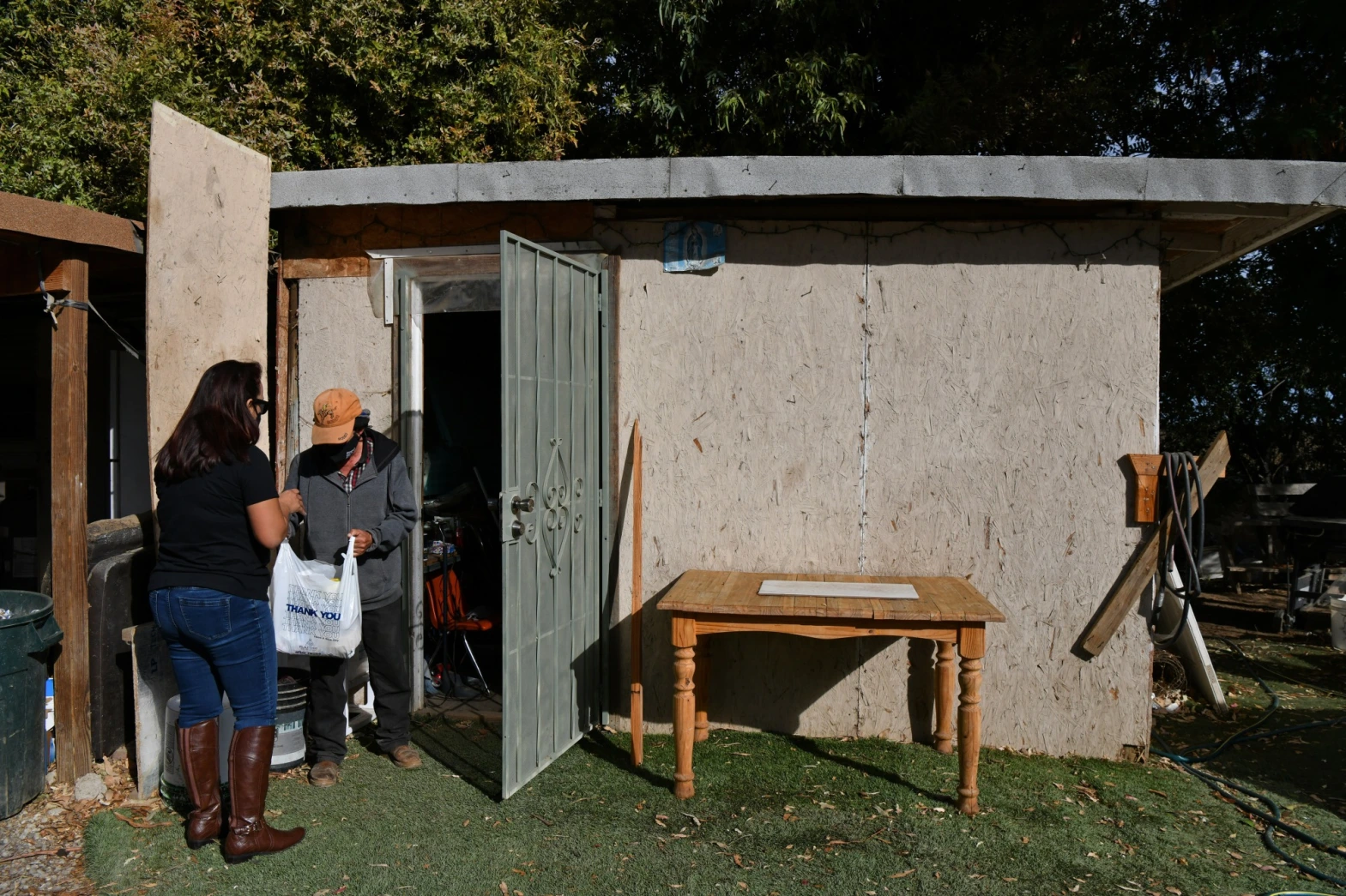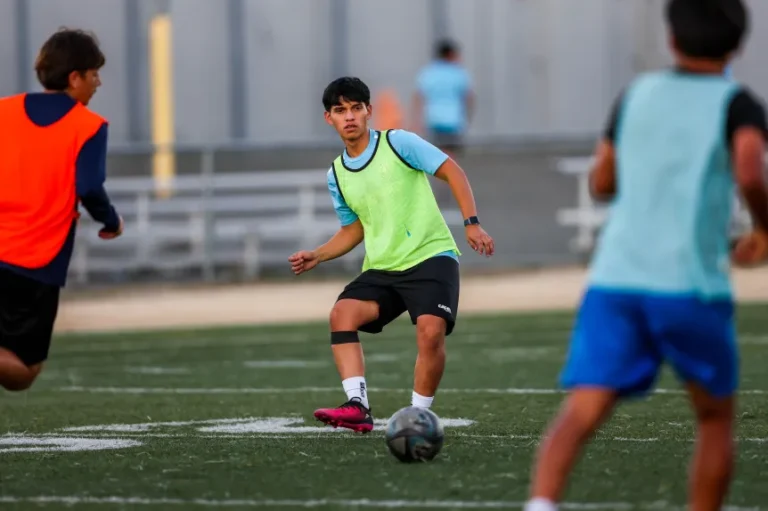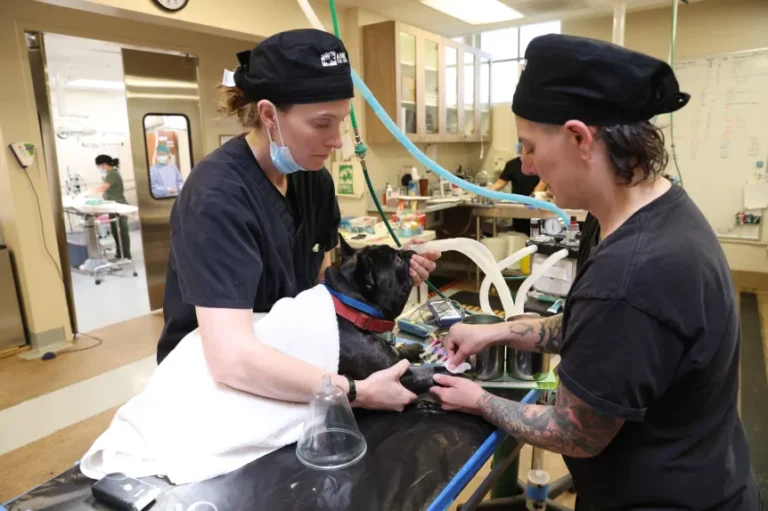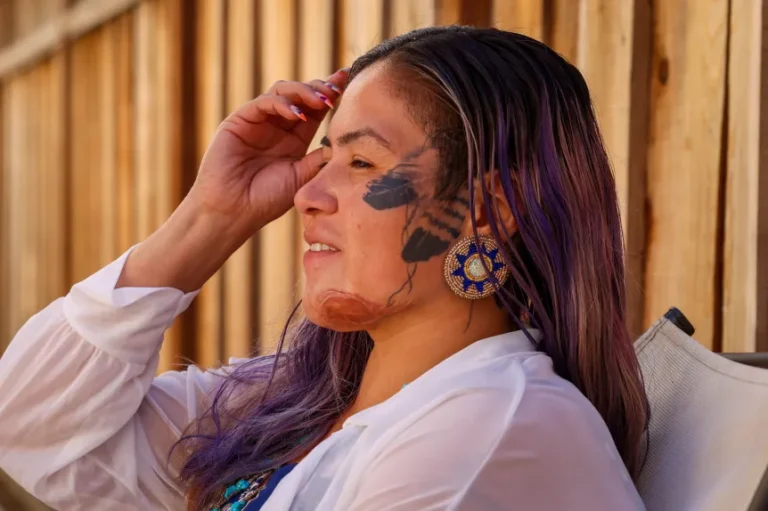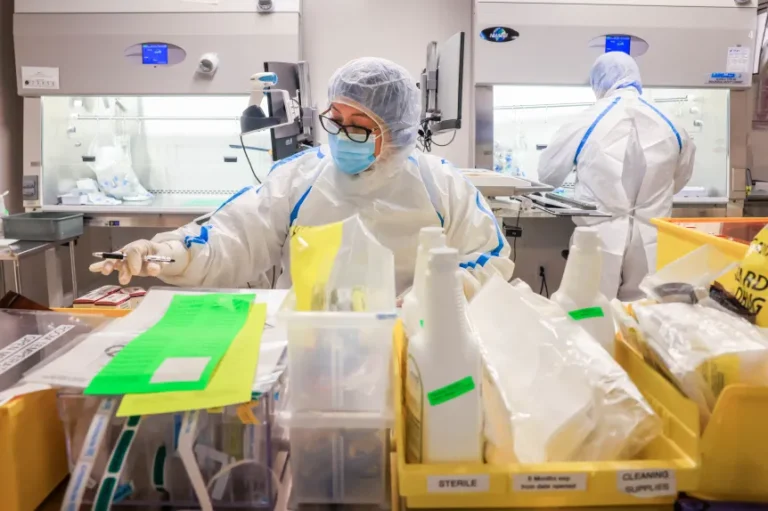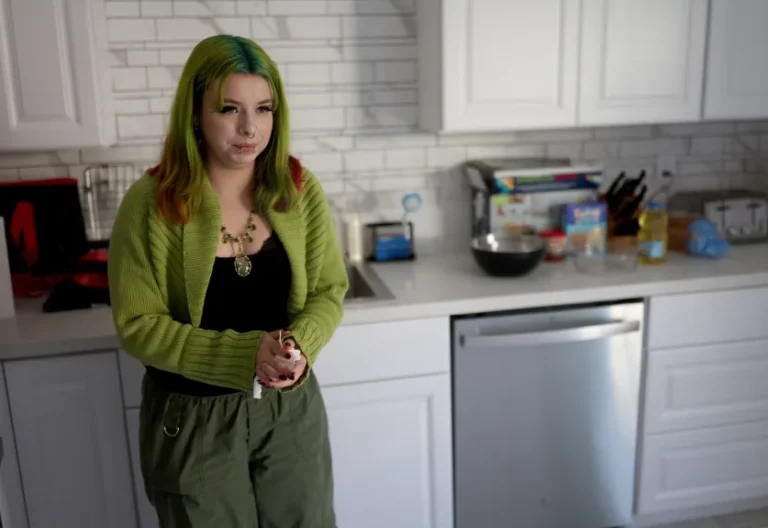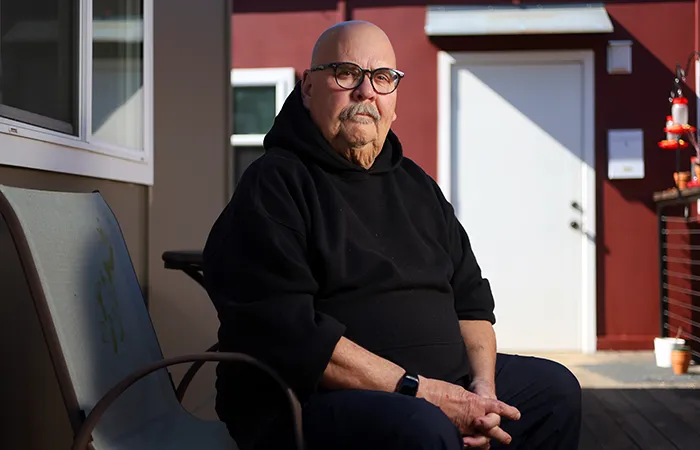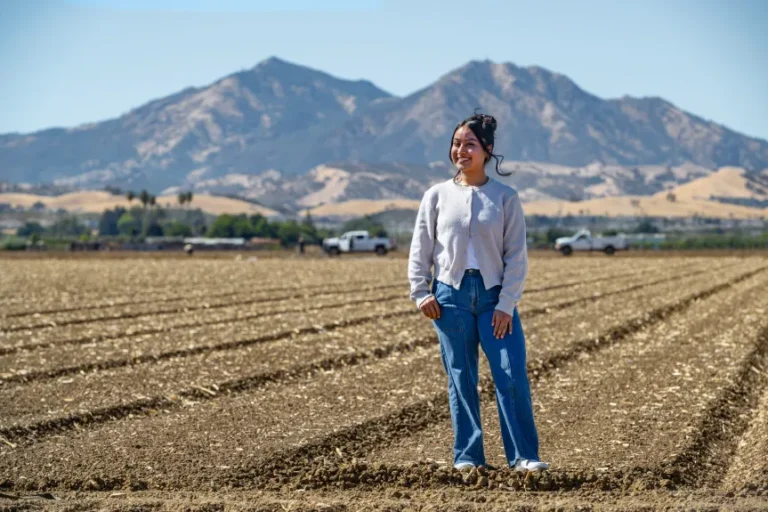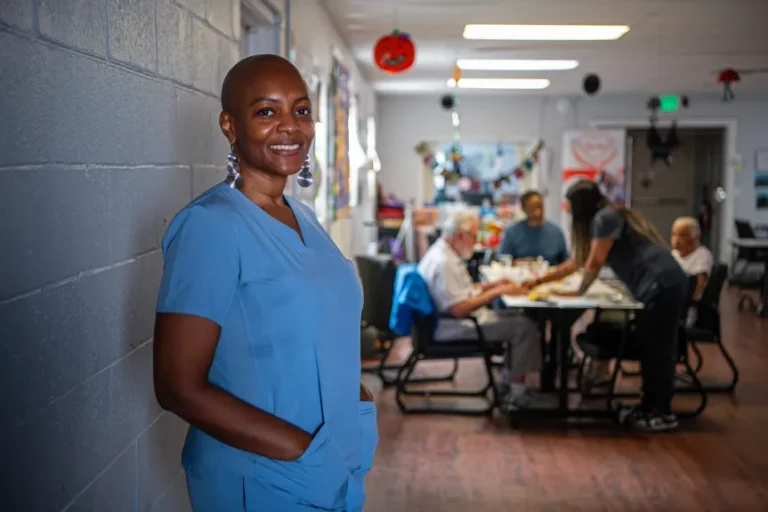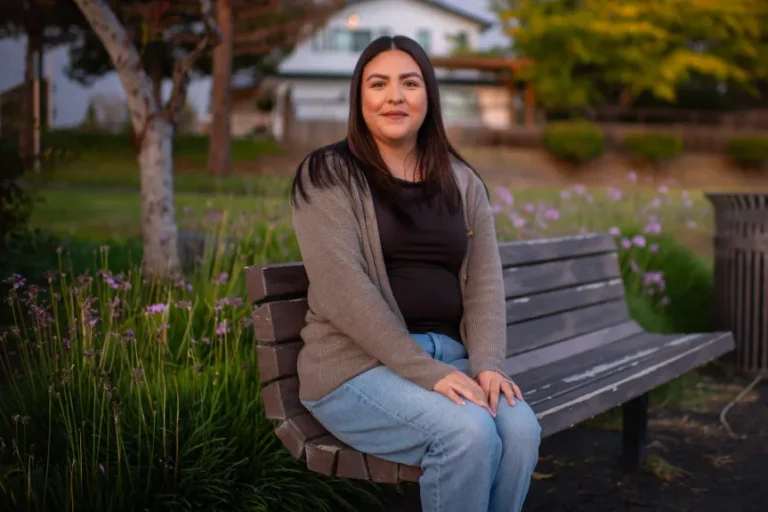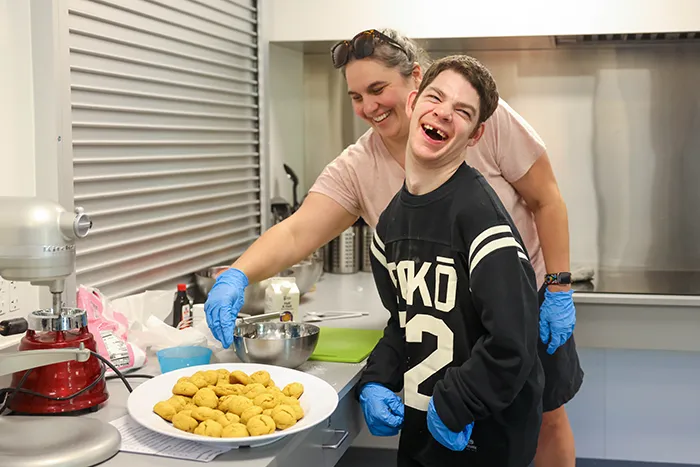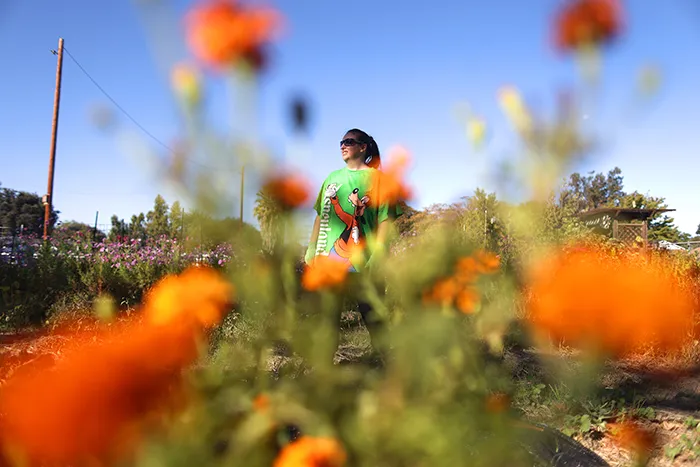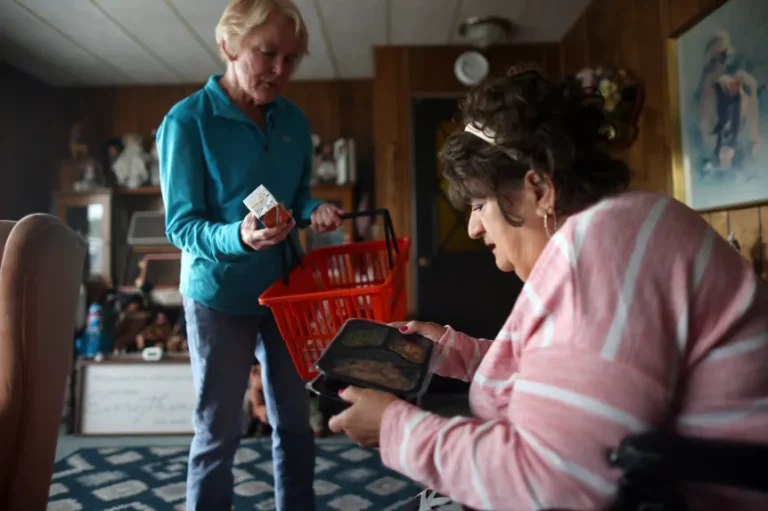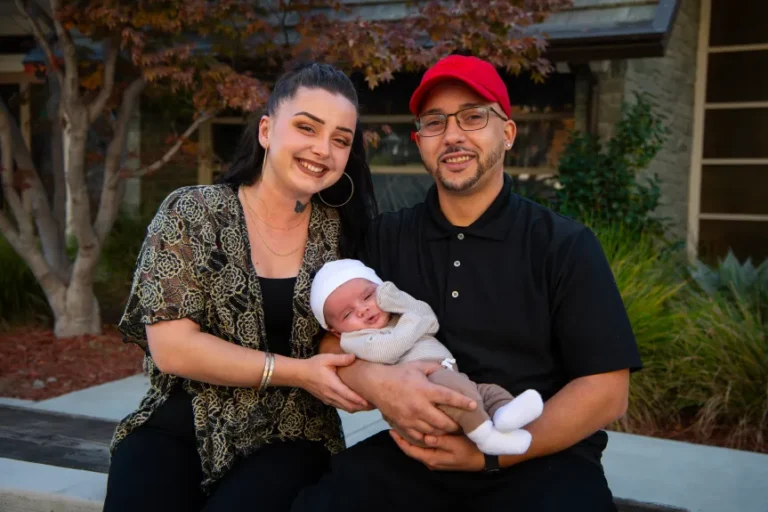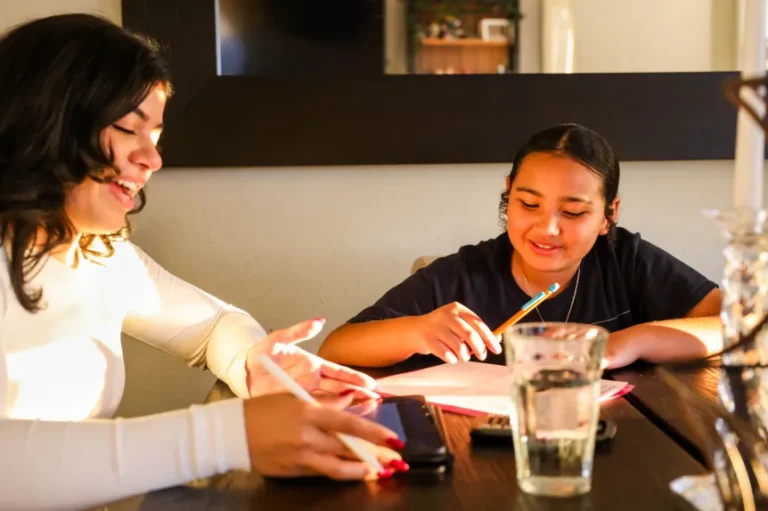Ximena Perez remembers the day she was packing corn in a sweltering, east Contra Costa County packaging plant. The lamination process to seal the bags of grain made the warehouse feel like an oven.
“Sometimes the main boss pressures us to work a lot faster,” she said, “but with the heat, you just can’t.”
Then, a caravan of cars and trucks arrived, and Perez watched as women and children piled out and scrambled around the veensure that every farm worker has access to legal and labor education; resources on how to gain access to food & Hijas del Campo distributions; support with education for their children and themselves; financial literacy; and provide support during pandemics and natural disasters.hicles, unloading hamburgers, water and ice cold lemonade.
They were Hijas del Campo, or Daughters of the Field, a group created by four working mothers who had met in early 2020 with a shared generational history: Their parents or grandparents had toiled under the same heat as Perez to give their children a step up in the United States of America. This was their way to give back, said Marivel Mendoza, the organization’s co-founder and president.

What started as a guerrilla effort early in the pandemic to hydrate and feed farm workers grew to include rent relief, food deliveries and even pop-up vaccine clinics on farms from Pittsburg to Byron.
People often think of the Central Valley when it comes to farmers, said Mendoza, “but they forget about areas here in Contra Costa.”
Perez, a seasonal farm worker and mother of three daughters, had never received support from an outside organization. But on that day, the talkative women and children from Hijas flooded the packaging plant’s ranks, asking how best they could help. That weekend, Hijas del Campo had surveyed farm workers across east Contra Costa County. One concern kept coming up.
“When we pay our rent and all the bills,” Perez said, “our salary sometimes isn’t enough for food three times a day.”
Between their day jobs and parenting, the four mothers and founders put their heads together. They were a powerhouse team: Mendoza is a branch manager for senior care company Kindred, Maria Valles-Guillen is a full-time mother, Dorina Moraida is a paralegal for Graham Adair, and Amelia Villarreal is an account representative for the photography company LifeTouch.

After reaching out to the community, support and donations poured in from neighbors, friends, city council members and restaurants, including San Francisco’s Al Pastor Papi. The next time the caravan rolled onto farms, they bore a cornucopia of goods. Mendoza, with her 2-year-old strapped to her back, helped pass out food, N-95 masks, hand sanitizer, toilet paper, laundry detergent, toothbrushes, jackets and socks.
One worker, Luis Pimental, who had been picking peaches at Frog Hollow Farm when the caravan arrived, remembers getting a dinosaur backpack filled with pencils, coloring pens and paper for his 3-year-old son. He was struck by the generosity.

“Farm workers don’t get any attention at all,” he said. “We are forgotten.” Just the act of showing up and caring, he said, “makes my heart feel good.”
Hijas has received funding this year from Share the Spirit, an annual holiday campaign that serves residents in need in the East Bay. Donations will help support 56 nonprofit agencies in Contra Costa and Alameda counties. Hijas plans to use the grant to continue its work to help workers with everything from food and bills to school supplies.
As the group continued its work in the months after its founding, Hijas del Campo gained steam and donations. They packaged supplies late on weekdays for the coming weekend and started delivering food to farmworkers’ homes. For Thanksgiving last year, turkeys and ingredients for stuffing and mashed potatoes were delivered to 100 families. Later, computer company Lenovo donated 28 laptops to Hijos del Campo’s clients. At Christmas, Perez’s daughters all got bikes from the organization, which they immediately took outside.
The organization was in constant contact with their clients. When Perez and her family contracted COVID-19, stopped working and began accruing back rent, Hijas del Campo pitched in to help with the bills and dropped off groceries at their home. Without Hijas del Campo, “we probably wouldn’t have been able to pay off the debt,” Perez said, and “thanks to them, we don’t lack for food in our house.”
When vaccines became available in early 2021, Hijas del Campo started setting up appointments, translating and helping Spanish speakers who had trouble navigating government websites.
Perez was vaccinated in February with Hijas del Campo’s support, and later on, the organization helped pilot the county’s first clinics on farms with support from Kaiser and La Clinica de la Raza. Under the shade of white tents, workers could get their shots. But, fearing a loss of wages, they couldn’t stop working for the post-vaccine observation period. So volunteers followed them back to the fields.
The organization had gone from a group that was passing out masks and hand sanitizer in September 2020 to a pop-up vaccine clinic for their one-year anniversary.
“We were in disbelief,” said Mendoza. “You can’t help but to get choked up.”
But even today, the four women still carry packages of bottled water in their cars, just in case they see a worker beside the road, in a field or packaging plant, on a hot day.
